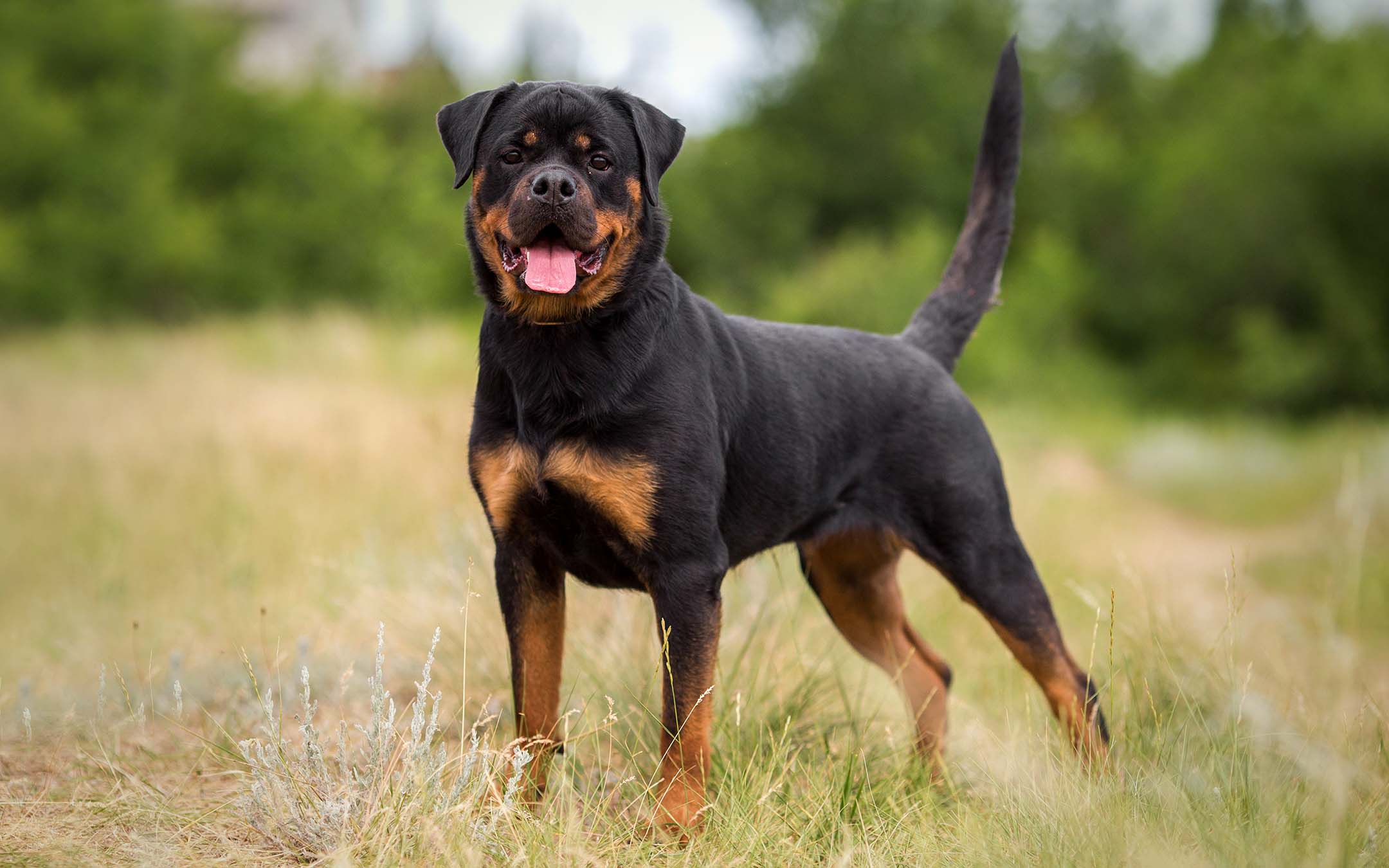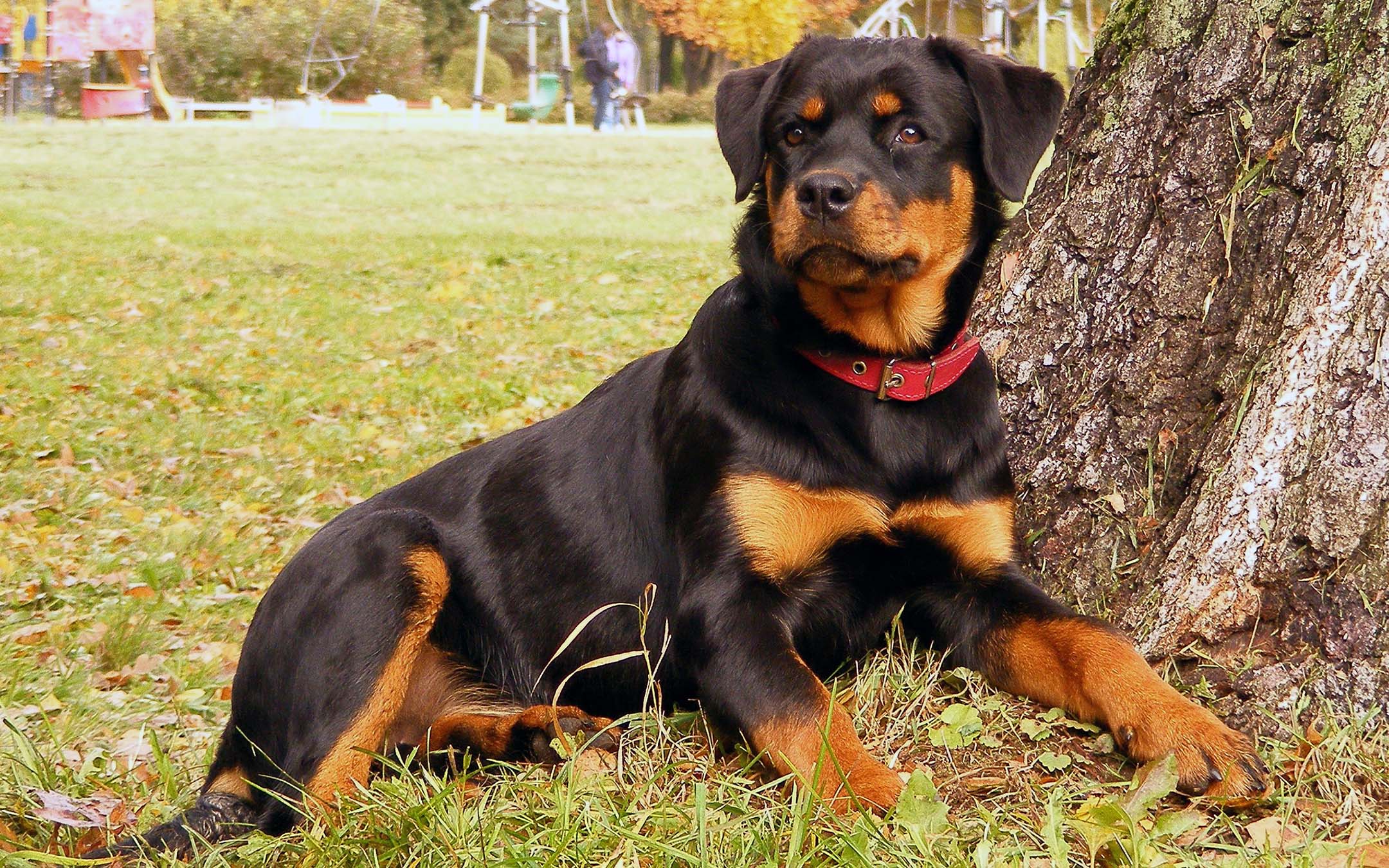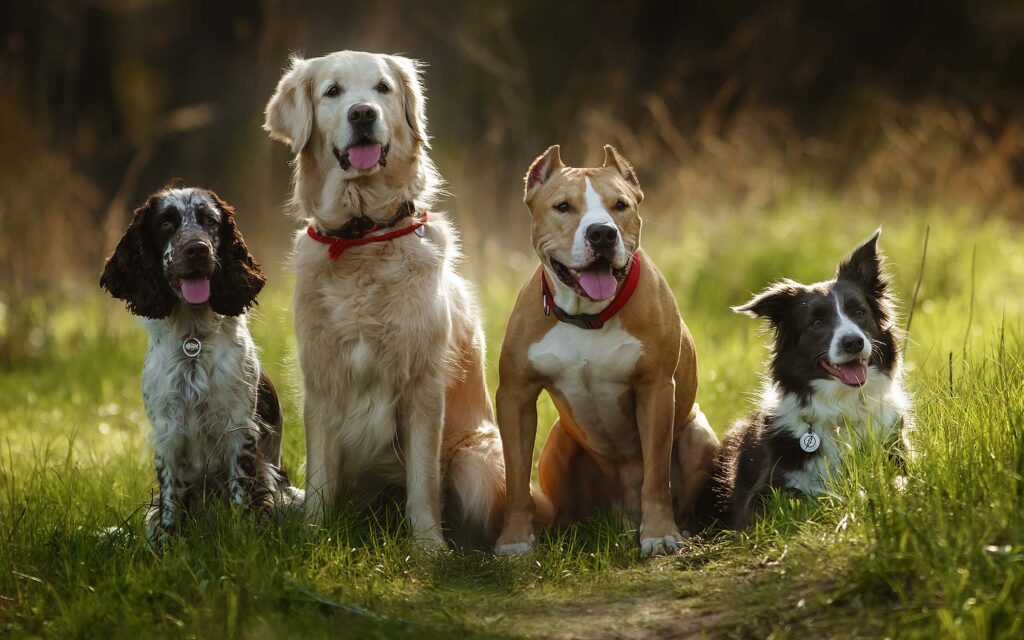Animal Welfare, Behavioral Issues In Pets, Natural Pet Health
Canine Companions or Cautionary Tales? Understanding the Risks of Different Dog Breeds
Dog breeds vary widely in size, temperament, and physical characteristics. While it’s important to be aware of the potential risks associated with different breeds, it’s equally crucial to recognize the positive attributes that make each breed a beloved companion to humans.
Large Breeds: Breeds like German Shepherds and Rottweilers, with their impressive size and strength, are often the epitome of loyalty and courage. They make excellent working dogs, excelling in roles such as search and rescue or police work. With their protective nature, they can be wonderful family pets when given appropriate training and socialization. However, these breeds require extensive training and socialization to ensure they are safe around other animals and people. Without proper training, their size alone can be dangerous, particularly to children or the elderly who may be easily knocked over or injured.
 Guard Dogs: Doberman Pinschers and Bullmastiffs, known for their guarding capabilities, are also affectionate and loyal to their families. They can be gentle giants that are both a deterrent to intruders and a comforting presence in the home. Their intelligence makes them highly trainable, and they often form a strong, respectful bond with their owners. However, their strong protective instincts may also pose a risk if the dog perceives a non-threatening situation as a threat. Proper socialization and consistent training are vital for these types of dogs.
Guard Dogs: Doberman Pinschers and Bullmastiffs, known for their guarding capabilities, are also affectionate and loyal to their families. They can be gentle giants that are both a deterrent to intruders and a comforting presence in the home. Their intelligence makes them highly trainable, and they often form a strong, respectful bond with their owners. However, their strong protective instincts may also pose a risk if the dog perceives a non-threatening situation as a threat. Proper socialization and consistent training are vital for these types of dogs.
Terrier Breeds: Terriers like the Pit Bull and Staffordshire Bull Terrier are known for their enthusiasm and love of life. They are playful and energetic, making them great companions for active individuals or families. Their eagerness to please and capability for strong bonds with their humans can make them excellent pets when raised in a loving and disciplined environment. They are often strong and tenacious, and this determination can sometimes lead to aggressive behavior if not properly managed. It’s a common misconception that these breeds are inherently vicious; in reality, aggression in dogs is often due to mistreatment, lack of training, or irresponsible ownership.
Herding Dogs: Herding dogs like Border Collies and Australian Shepherds are very intelligent and energetic. They thrive in active households that can provide them with plenty of exercise and mental stimulation, and their trainability makes them standout performers in dog sports. However, if they are not given a proper outlet for their energy, they can develop obsessive and destructive behaviors.
 Small Breeds: Small breeds, including Chihuahuas and Dachshunds, offer an abundance of personality in a compact package. They are adaptable to various living situations and their loyalty and spunk can bring endless entertainment and companionship to their owners. It’s a fact though that even small breeds can present dangers, often due to behavioral issues stemming from how they are handled by their owners. Breeds such as Chihuahuas and Dachshunds may develop “small dog syndrome,” where they exhibit aggressive behavior if they are overly pampered and not given structure and boundaries.
Small Breeds: Small breeds, including Chihuahuas and Dachshunds, offer an abundance of personality in a compact package. They are adaptable to various living situations and their loyalty and spunk can bring endless entertainment and companionship to their owners. It’s a fact though that even small breeds can present dangers, often due to behavioral issues stemming from how they are handled by their owners. Breeds such as Chihuahuas and Dachshunds may develop “small dog syndrome,” where they exhibit aggressive behavior if they are overly pampered and not given structure and boundaries.
Breed-Related Health Issues: Some breeds have inherent health issues which must be taken into consideration so you can ensure they get any additional veterinary attention they may require. For instance, brachycephalic breeds like Bulldogs and Pugs can suffer from breathing difficulties that may lead to overheating and respiratory distress, German Shepherds unfortunately have a high incidence of hip dysplasia, while Cavalier King Charles Spaniels are prone to mitral valve disease, which affects the heart.
The key to mitigating the potential dangers of any dog breed lies in responsible ownership. This includes providing proper training, socialization, and healthcare. It is also essential for potential dog owners to research and understand the breed’s characteristics and needs before deciding. Remember, every dog is an individual. With the right care and training, most dogs can live harmoniously with humans and other pets and the unique bond you may form with your new bow-wow bestie can lead to immeasurable joy, companionship, and a shared life full of unforgettable moments.
Click here to view and download Bow Wow How – a booklet all about dogs. Feel free to share it with friends, family, or anyone else you know that may be contemplating getting a dog.




